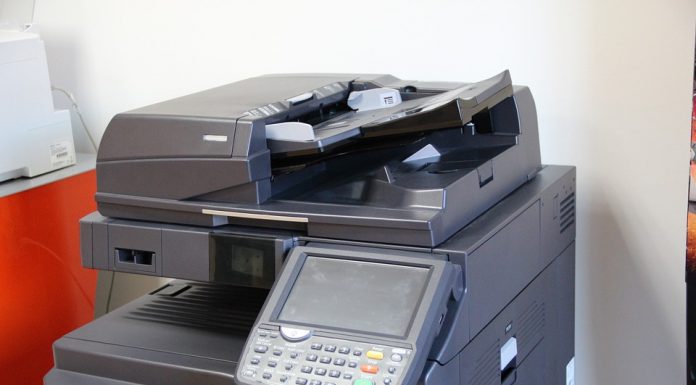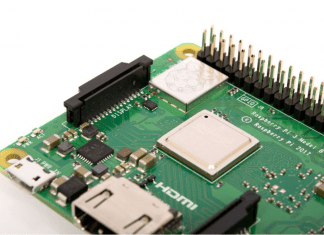If you have an office job that isn’t technical, usually the only time you need your IP address is when you’re first assigned your computer or laptop, so your employer has it for the record. The common “ip lookup” Google search is widely popular for the average office guru. Other than that, why are IP addresses important? You’ll find out here that there’s more to IP addresses than you think and are surprisingly mathematically produced – so every combination of numbers and periods is special to a device.
How Does an IP Address Work?
Say your computer or laptop isn’t performing the way it should, or you need to troubleshoot to see why your wifi isn’t connecting. Internet protocol is communicated just like people communicate with each other. It’s taking the information and using those rules to pass along valuable information. All of the devices will share information with others using this specific protocol. You can’t see an IP address working and performing all of this, but here’s how the process works:
- Your laptop or any other device connects to the internet or wifi network, which gives you access to searching and browsing the internet.
- At home on your personal computer, your network will be through your internet service provider, and at work in the office, it will be hard-wired through the entire network.
- The ISP then assigns the IP address to your device.
- The ISP is where all of your internet activity funnels through, and they track it back to you with your IP address.
- One thing to keep in mind is that your IP address can change, like turning off your wifi router and restarting it. You can also contact your ISP, and they can make the change themselves.
- Say you’re traveling and using your personal device’s data – your home IP address will not stay with your device. Since you’re using wifi networks at airports, restaurants, and hotels, you’ll be using their IP address that is temporary. Just like your home computer, the IP address in restaurants and airports is also assigned to you by their ISP.
Protecting Your IP Address
Now that you know an IP address’s functions and roles, you need to keep it safe and protect it from potential threats like cybercriminals. VPN’s (virtual private networks) are extremely safe since you are hardwired right from your computer to the network, and no information needs to be given out. All network traffic when connected to the VPN is secured, and your computer acts as if it’s on the network. So even if you’re in a different country, you can still access the local internet securely.
Proxy servers also come in handy because they prevent any internet platforms you visit from seeing only the IP address of the proxy server instead of your entire IP address.







![[Buy Now] Lenovo MIIX 710 Review 2 in 1 Tablet PC ‘Offer’ Price Lenovo MIIX 710](https://www.techinpost.com/wp-content/uploads/2017/11/image001-4-324x235.png)


